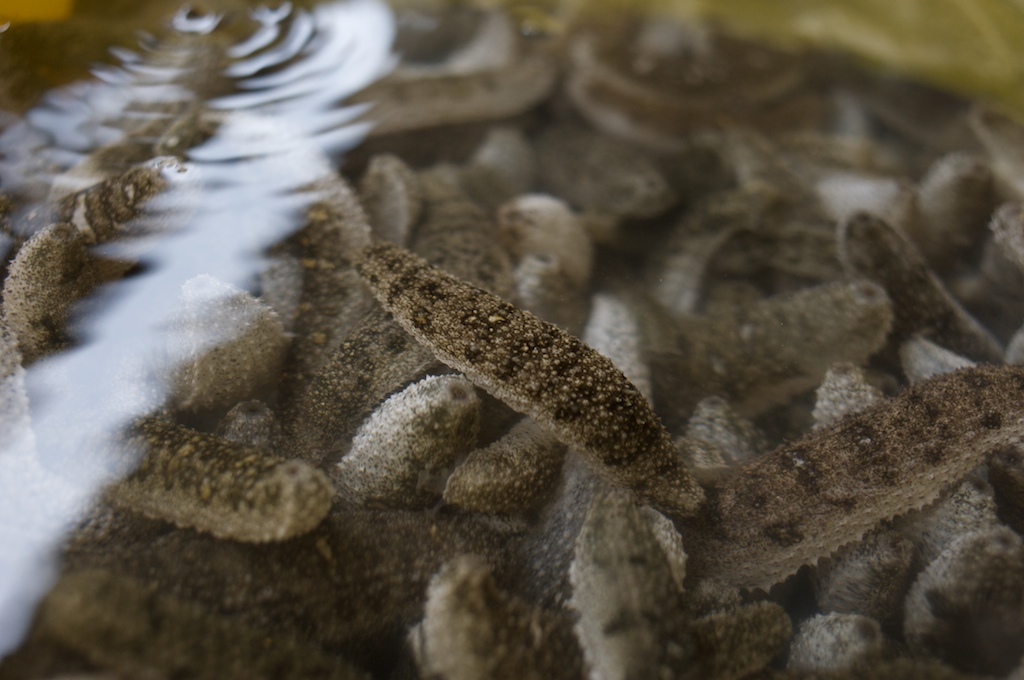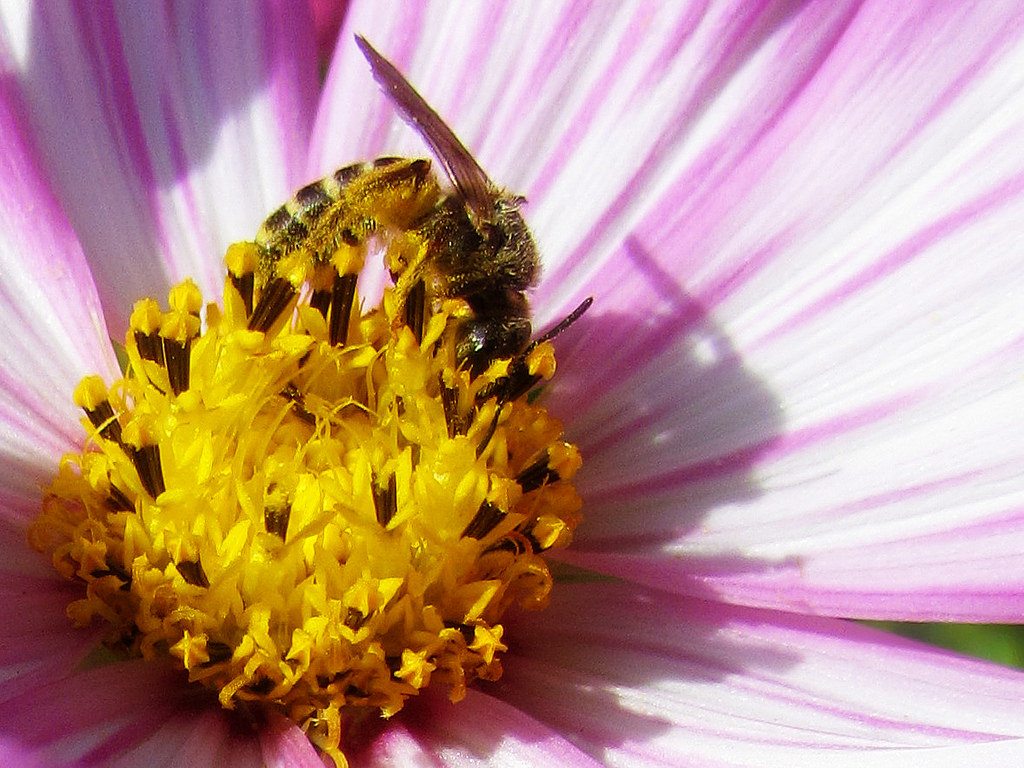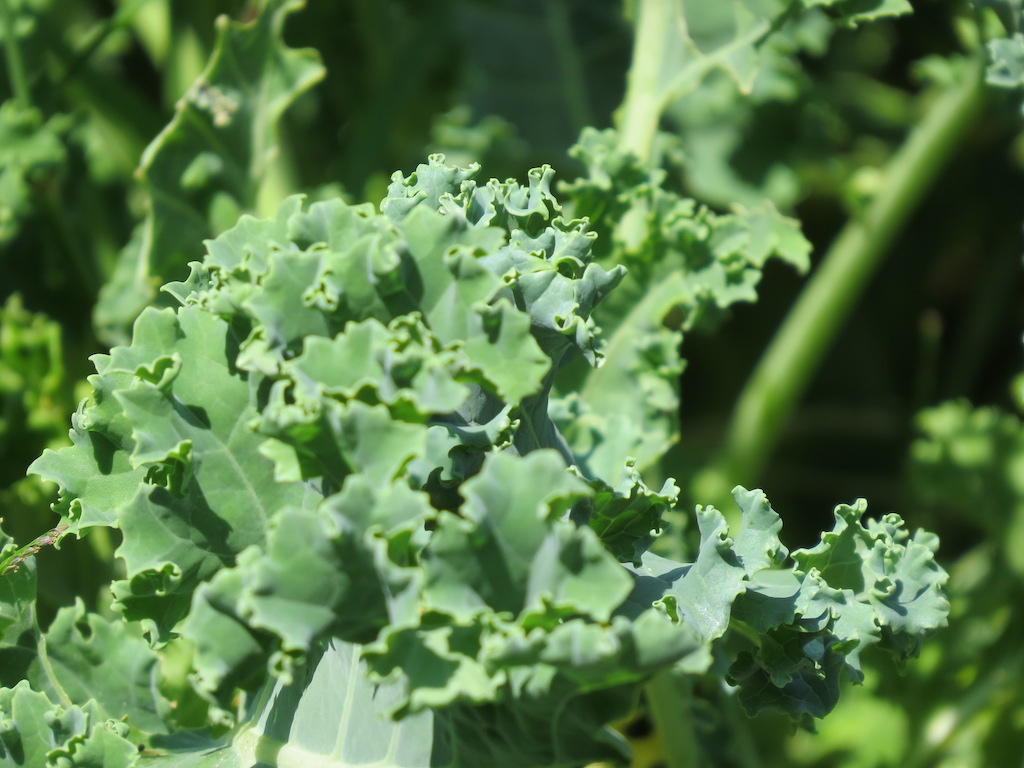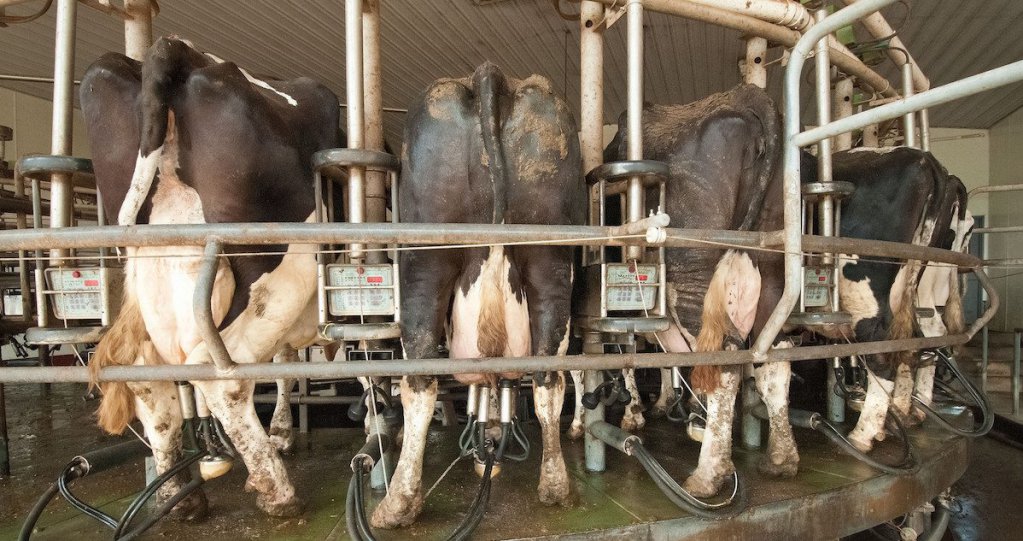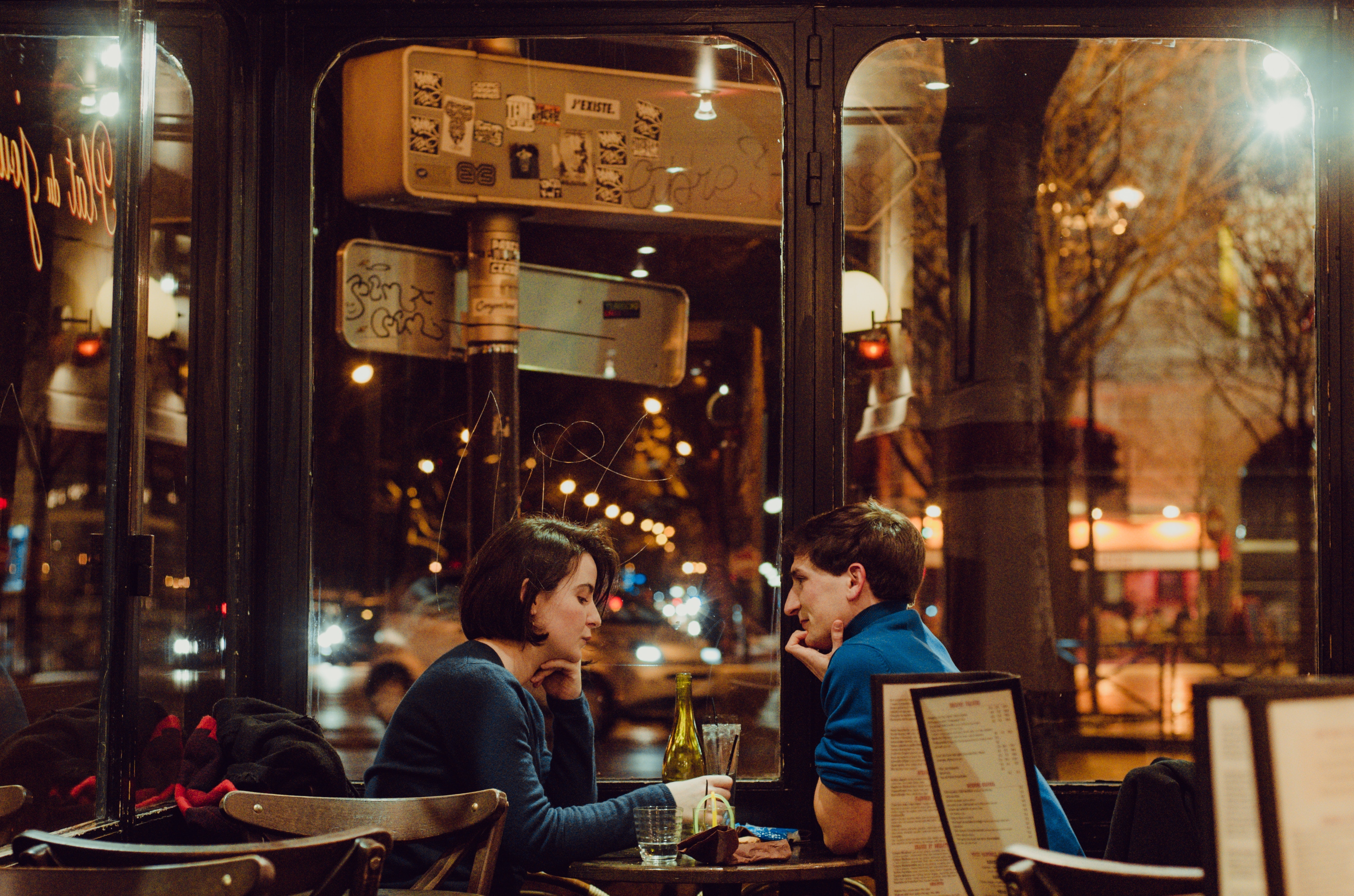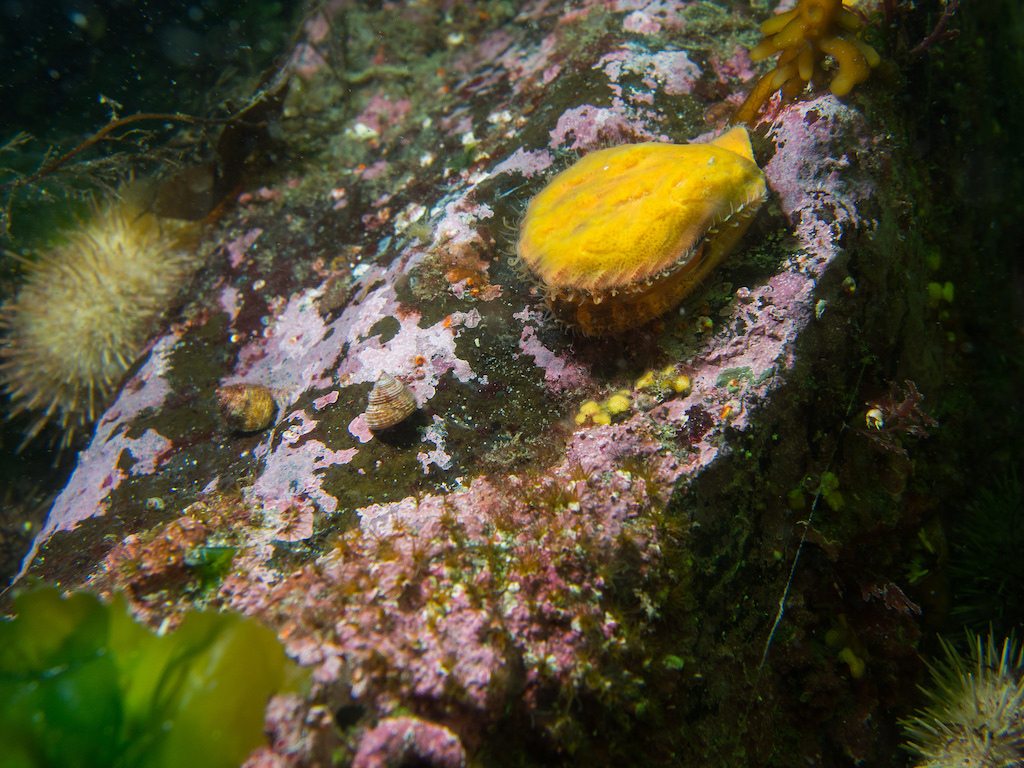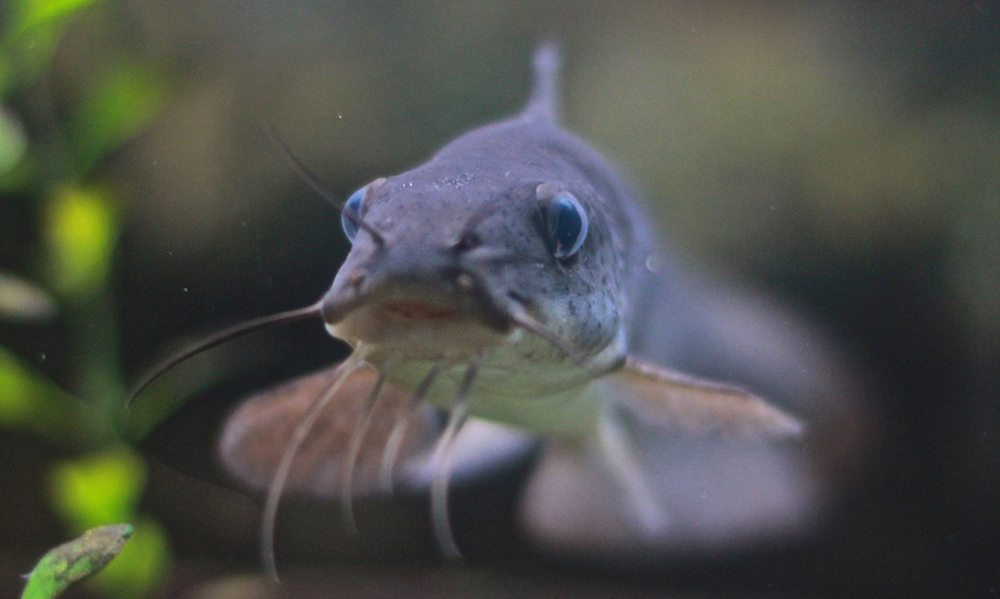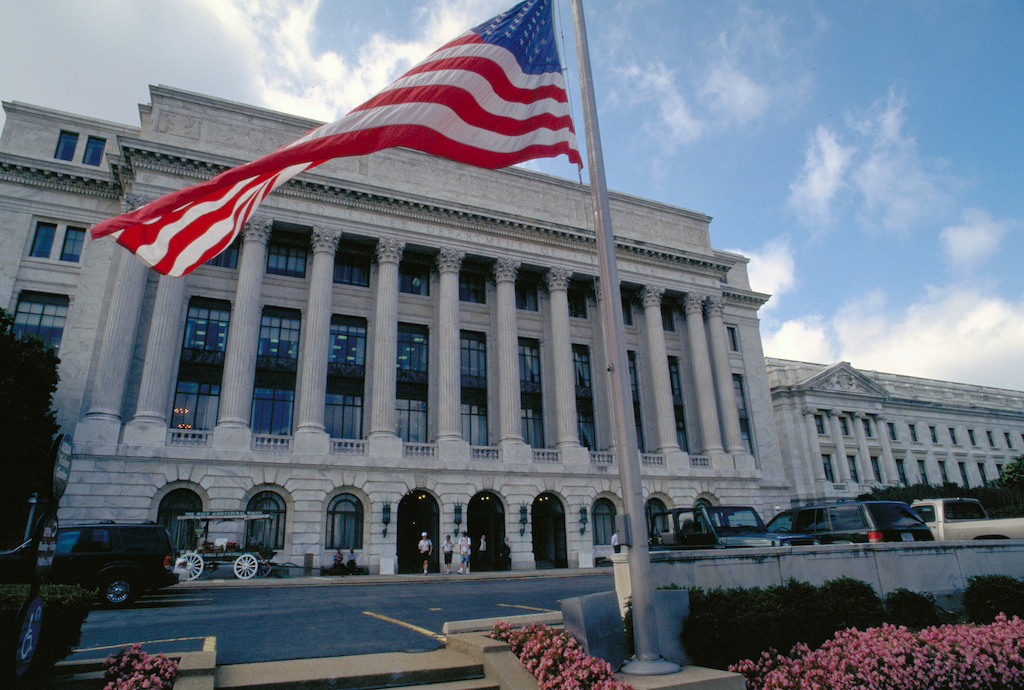This is the web version of a list we publish twice-weekly in our newsletter. It comprises the most noteworthy food stories of the moment, selected by our editors. Get it first here.
Hermetically sealed. Venture capitalists may see a silver lining in the devastating E. coli outbreaks linked to romaine lettuce that have hospitalized more than 60 people so far: a marketing opportunity for greenhouse-grown lettuce. The Centers for Disease Control and Prevention singled out indoor and hydroponically grown greens as “safe” in its most recent update, the Minneapolis Star Tribune reports. The result? An uptick in demand for lettuce that has never touched soil. It’s salad, sterilized.
Friends in fry places. The Trump-appointed head of the National Labor Relations Board may soon tip the scales of a major labor dispute concerning McDonald’s. Does it matter that John Ring, the official in question, used to be a lawyer at a firm that worked for McDonald’s? Ring says it’s fine, don’t worry about it. Last month, the lawyer oversaw an internal ethics review, which cleared a path for NLRB members to insist on participating in cases—even when ethics officers have determined that they should recuse themselves due to conflicts of interest. This could have significant ramifications not only for McDonald’s, but for all labor claims going forward. Bloomberg has the longform explanation.
Eating in. “This country has a long dark history of using dining as a social sorting system,” a Princeton undergraduate told The New York Times this week. Perhaps this phenomenon is more obvious on the Ivy League campus than in most other places: The elite New Jersey school’s social scene is heavily influenced by eating clubs, fraternity-style institutions that operate separately from—but adjacent to—life on campus. Now, a group of first-generation college students is hoping to nudge the clubs toward inclusivity by lobbying for scholarships to cover the clubs’ membership fees, and sparking frank conversations about privilege on campus.
Read between the leaves. Sitting under an oak tree in Topanga Canyon, California, a group of women are guided through a tea ceremony by former model and performer Baelyn Elspeth. She’s an early adopter of tea ceremonies in LA’s predominantly white wellness spaces, and was introduced to the practice after her neighbors had grand tea awakenings while visiting Taiwan. After a whole lot of high-falutin’ talk about our bodies as tea-receiving vessels, the article ends on a delightful note: “All we’re doing is sitting down and drinking tea,” Ms. Elspeth said. “Some people would say it’s a complete waste of time.” The New York Times has the story.
Cash 4 cukes. Federal officials arrested a man named Wei Li for attempting to smuggle 46 endangered sea cucumbers into the United States via the southern border, Quartz reports. The sea cucumber—a small but mighty marine animal found throughout the ocean—is big business these days, particularly in China where it can fetch $3,500 a kilo. Unfortunately, high demand is also driving a rise in illegal sea cucumber trade, the network for which can span multiple countries and continents. That appears to be the situation in Li’s case—his attempt to illicitly import cukes has since been linked to a disreputable New York restaurateur with a spotty smuggling history of his own.
